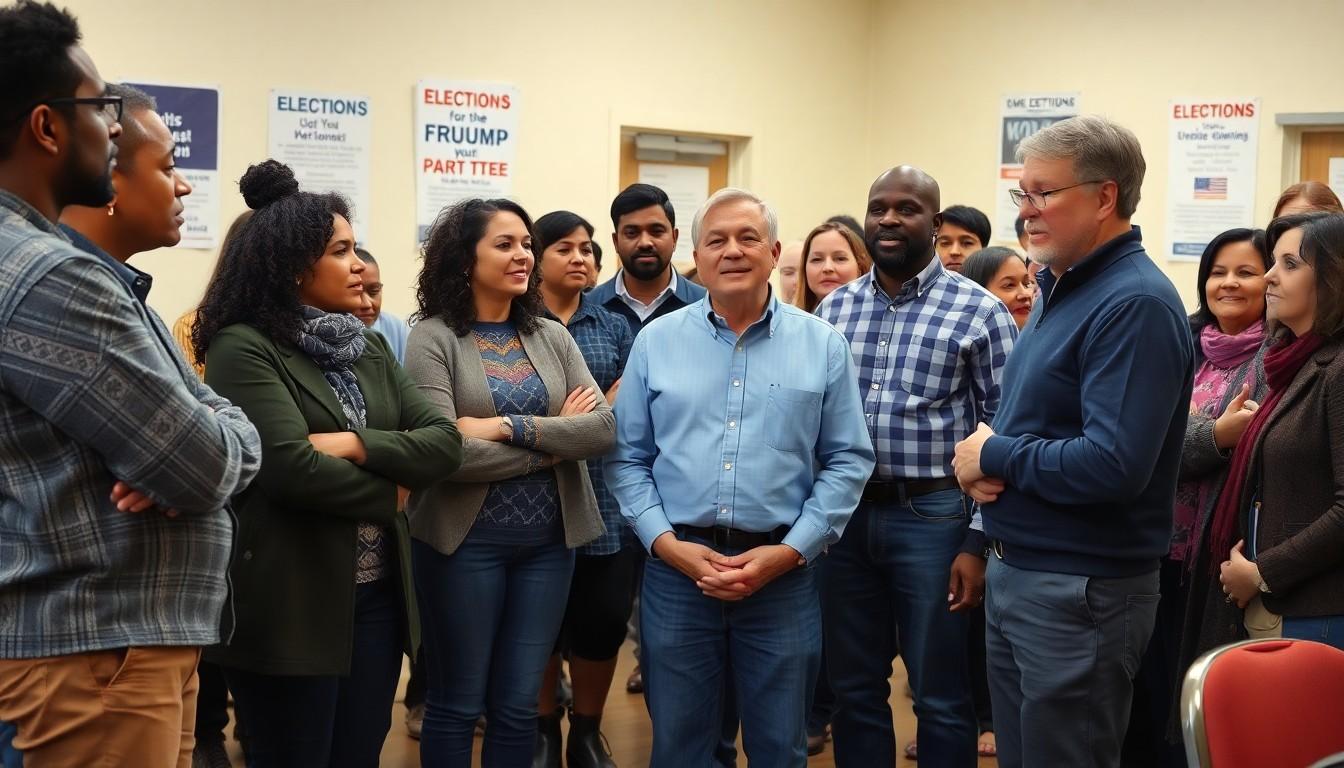Political culture shapes how societies think, feel, and act about politics. It’s like the secret sauce that flavors every nation’s political dish, and trust me, some are spicier than others. From the laid-back vibe of Scandinavian countries to the passionate debates of Mediterranean nations, political culture is both fascinating and a little quirky.
Understanding these cultural nuances can unlock the mysteries behind voting behaviors, policy preferences, and even how politicians strut their stuff. Imagine trying to navigate a political landscape without knowing the local customs—it’s like showing up to a potluck with a salad when everyone else brought barbecue. Dive into the world of political culture examples, and discover how these unique traits shape governance and citizen engagement in ways that’ll leave you both informed and entertained.
Overview of Political Culture
Political culture encompasses the beliefs, values, and norms that shape political behavior within a society. This collection of shared attitudes influences how citizens engage with their government and participate in civic life. Various factors, such as history, religion, and social structures, contribute to the formation of a nation’s political culture.
Regional variations provide a clear view of political culture’s diversity. For instance, Scandinavian nations prioritize social welfare and democratic engagement, leading to high voter turnout and trust in government institutions. In contrast, Mediterranean countries often experience vibrant political debates but may show lower trust levels toward their governments. This divergence results from historical contexts and distinct societal values.
Political culture also affects citizens’ attitudes toward authority and governance. In some cultures, a strong emphasis on individualism fosters skepticism toward centralized power. Conversely, other cultures may endorse collectivism, promoting a more considerable acceptance of governmental authority. Understanding these distinctions enables a deeper grasp of governance styles and public policy outcomes.
Moreover, political culture shapes voting behaviors, influencing whether citizens view participation as a civic duty or a privilege. Southeast Asian countries illustrate this well, where familial connections often play crucial roles in political affiliations. Recognizing how these cultural elements manifest in electoral processes highlights their overall impact on democracy.
Exploring specific examples of political culture reveals how it molds public sentiment. African nations, characterized by traditions and communal values, often exhibit loyalty to tribal leaders. Such fierce loyalty directly affects political allegiance during elections and policy discussions. Analyzing these dynamics contributes to a broader understanding of how political culture operates across different regions.
Types of Political Culture

Political culture can be categorized into three main types. Understanding these categories helps in analyzing how different societies engage with politics.
Parochial Political Culture
Parochial political culture describes societies where citizens have limited awareness of or participation in political processes. In these cultures, individuals tend to focus on local issues rather than national ones. Citizens may only exhibit loyalty to their immediate community. Examples include rural areas in some developing nations, where traditional customs dominate. Trust in centralized authority remains low.
Subject Political Culture
Subject political culture involves citizens who are aware of the political system but play a passive role in political activities. Participation remains primarily limited to following political developments without direct involvement. In such cultures, individuals generally accept authority while remaining skeptical of government efficiency. Examples include nations with authoritarian regimes, where citizens voice discontent but rarely participate in protests or political organizations.
Participant Political Culture
Participant political culture represents a dynamic environment where citizens actively engage in the political process. Individuals recognize their influence on governance and tend to participate in voting, political debates, and civic organizations. Examples include democratic countries with high voter turnout rates and robust civil society engagement. In these societies, individuals feel empowered to impact policies and hold authorities accountable.
Case Studies of Political Culture Examples
Political culture varies significantly around the world. Several case studies illustrate how these cultural elements impact political engagement and citizen behavior.
Political Culture in the United States
In the United States, political culture emphasizes individualism and personal freedom. Citizens actively participate in the democratic process, evident in high voter turnout during presidential elections. An array of political opinions exists, reflecting diverse backgrounds and experiences. Partisan identification plays a vital role in shaping political discourse, leading to a polarized environment. Civic engagement often manifests in grassroots movements, highlighting a strong tradition of community involvement.
Political Culture in Japan
Japan exhibits a political culture rooted in collectivism and consensus. Hierarchical structures influence governance, with respect for authority evident in political interactions. Citizens remain engaged through indirect participation, as many feel a sense of obligation to follow established protocols. High levels of trust in government contribute to a relatively stable political environment. This culture emphasizes harmony and social order, leading to a cautious approach toward change and innovation.
Political Culture in Sweden
Sweden showcases a political culture characterized by egalitarianism and social welfare. The Swedish populace exhibits high trust in government institutions, fostering civic participation. Significant emphasis on democratic values accompanies strong support for social policies. Citizens frequently engage in political discussions, reflecting a culture open to debate and consensus. The political landscape thrives on collaboration, with numerous political parties representing varied interests and perspectives.
Impact of Political Culture on Governance
Political culture significantly shapes governance structures and processes. High levels of civic engagement in participant cultures lead to more transparent and accountable governments. Countries like Sweden demonstrate that strong egalitarian values can enhance public trust, resulting in effective policy implementation.
Conversely, in societies characterized by subject political culture, governance often becomes stagnant. Citizens in such societies may exhibit low political participation, leading to weaker accountability mechanisms. In authoritarian regimes, passive engagement can result in limited governmental responsiveness to citizen needs.
Consider the impact of individualism in the United States. This cultural trait promotes active participation, influencing policy debates and political polarization. Citizens feel empowered to voice their opinions, contributing to a lively democratic process.
Regional differences further illustrate these cultural effects on governance. In Southeast Asia, familial loyalty shapes political affiliations, resulting in governance that often prioritizes familial connections over merit. This dynamic may affect policy outcomes, as leaders cater to specific interests rather than broader public concerns.
In Japan, a collectivist culture fosters respect for authority, which impacts political participation. While trust in government remains high, engagement tends to occur indirectly, influencing how policies are formed and perceived. This reliance on authority can limit public discourse on governmental actions.
Overall, political culture plays a crucial role in establishing governance frameworks and citizen involvement. Variations in values and beliefs determine how citizens interact with their governments, shaping overall political dynamics. Understanding these cultural influences remains vital for addressing governance challenges effectively.
Conclusion
Political culture plays a pivotal role in shaping the political landscape across the globe. By examining various examples, it’s clear that cultural influences dictate not just how citizens engage with politics but also how governance is structured and perceived. From the high civic engagement in Scandinavian nations to the familial ties in Southeast Asia, these cultural nuances highlight the importance of understanding political behavior. As societies evolve, recognizing the impact of political culture will be essential for fostering effective governance and promoting active citizen participation.

